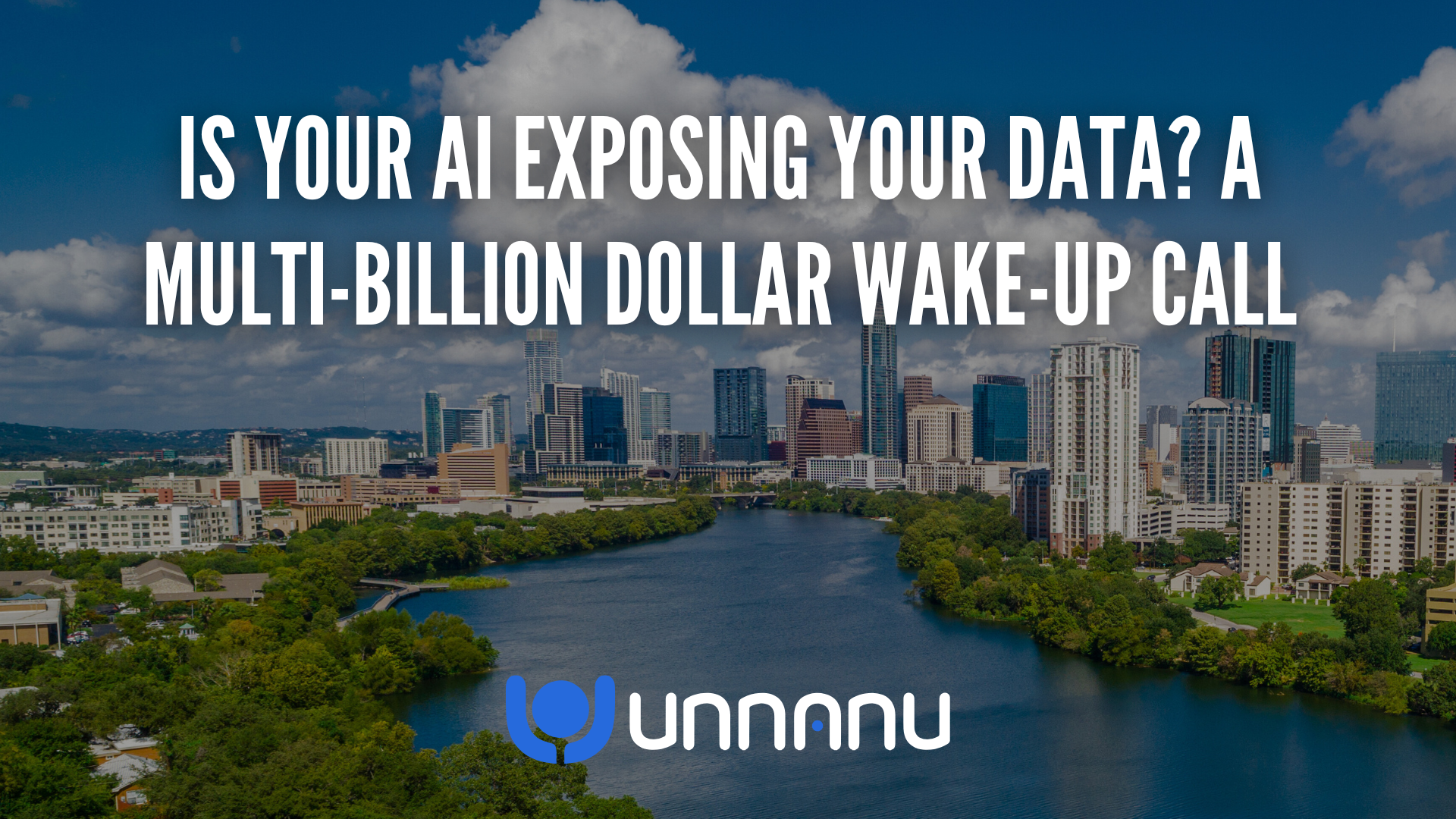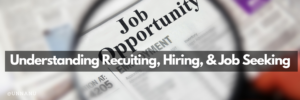The Backstory: From Allies to Adversaries
Once upon a time, back in December 2015, Elon Musk, Sam Altman, and a crew of tech visionaries joined forces to launch OpenAI with a noble mission: to advance AI for humanity’s benefit while keeping it safe. Musk, ever the futurist, poured in funding and big ideas, warning about the risks of unchecked AI. He was all in; until he wasn’t.
Fast forward to 2018, and Musk stepped away from OpenAI’s board, citing conflicts of interest as Tesla revved up its own AI for self-driving cars. While he publicly cheered OpenAI’s mission, the ties started to fray. OpenAI pivoted to a “capped-profit” model in 2019 to fuel growth, while Musk doubled down on AI through Tesla and other ventures, often throwing shade at industry trends he didn’t vibe with. The stage was set for a showdown.
The Lawsuit: OpenAI Calls Foul
Now, things have gone from tense to downright litigious. OpenAI’s lawsuit against Musk is packed with jaw-dropping claims, accusing him of playing dirty in the AI race. Here’s the tea:
- Confidentiality Breaches: OpenAI alleges Musk used insider knowledge from his co-founder days—think proprietary tech, trade secrets, and strategic plans—to give his competing AI ventures an unfair edge.
- Talent Poaching: They claim Musk tried to lure OpenAI’s top engineers and researchers, using insights from his time at the organization to weaken their team.
- Market Sabotage: OpenAI says Musk’s actions violated nondisclosure agreements and fiduciary duties, threatening their market position and innovations.
OpenAI isn’t just seeking damages—they want a court order to stop Musk from exploiting their intellectual property. This is a high-stakes battle over who gets to define AI’s future.
What’s at Stake?
This lawsuit isn’t just about OpenAI vs. Musk—it’s a defining moment for the AI industry. Here’s why it matters:
For OpenAI: Legal action could protect their tech but risks exposing sensitive info in court. Plus, the financial and PR toll might distract from their mission to lead in ethical AI.
For Musk: A loss could mean hefty fines, reputational hits, and roadblocks for his AI ambitions. But if he wins, it could embolden other tech mavericks to push competitive boundaries.
For the Industry: Expect more scrutiny on how AI firms handle intellectual property and competition. This could spark tighter regulations, shift investor confidence, or even inspire rival companies to seize the moment and innovate faster.
The ripple effects? A fiercer race for AI supremacy that could ultimately deliver better tech for all of us.
The Result: Musk vs. OpenAI’s Sam Altman
Elon Musk, never one to shy away from a fight, fired back with surprise and a touch of shade. He called the lawsuit “unfounded” and framed competition as a driver of progress, not a crime. “My ventures are ethical, and I’m all about advancing humanity,” Musk declared, positioning the suit as a desperate move to squash rivals.
OpenAI, meanwhile, stood firm. “We’re protecting our mission and our innovations,” their reps said, doubling down on claims of breached agreements. Both sides say they’re open to resolution, but the vibes? Pure courtroom cage match.
What’s Next?
This legal saga could redefine how AI companies play the game. A win for OpenAI might tighten the screws on competitive practices, while a Musk victory could unleash a freer, wilder AI frontier. Either way, the fallout will shape collaboration, innovation, and trust in the industry.
Will policymakers step in with new rules? Will investors rethink their bets? And how will this affect the public’s view of AI’s rockstar leaders? One thing’s for sure: this drama is far from over, and we’re all watching with popcorn in hand.
What do YOU think? Is this lawsuit a necessary move to protect innovation, or a sign of AI’s cutthroat future?


